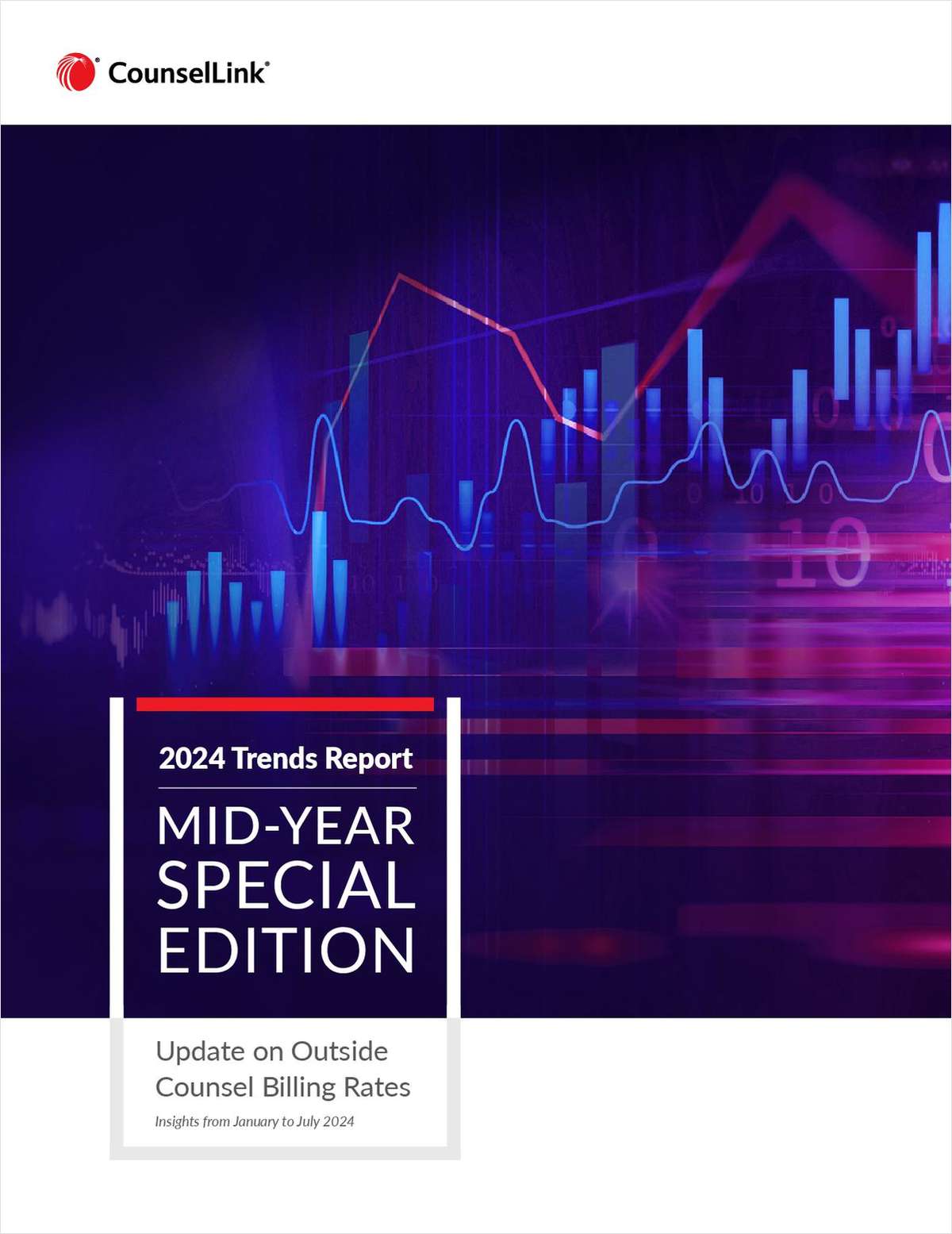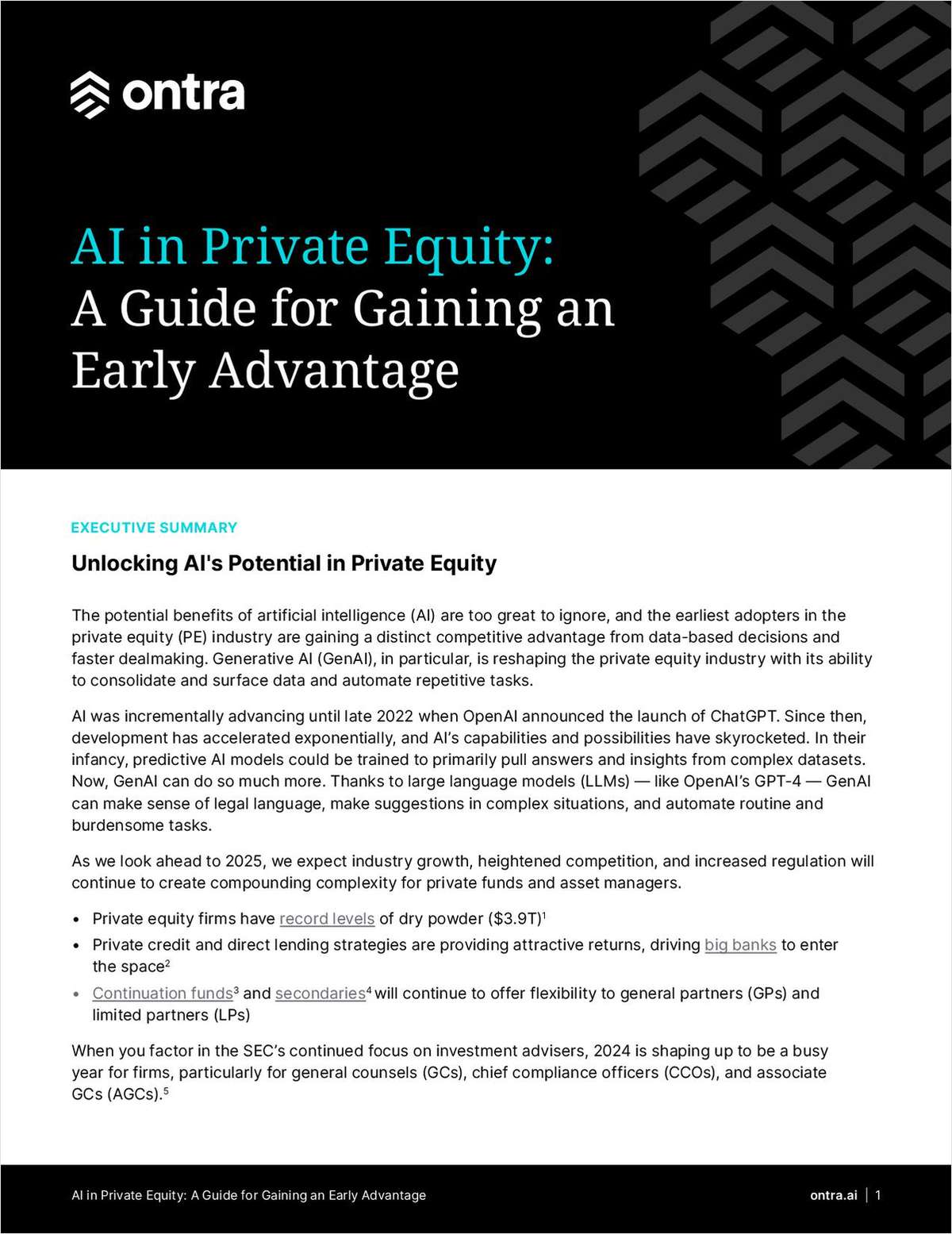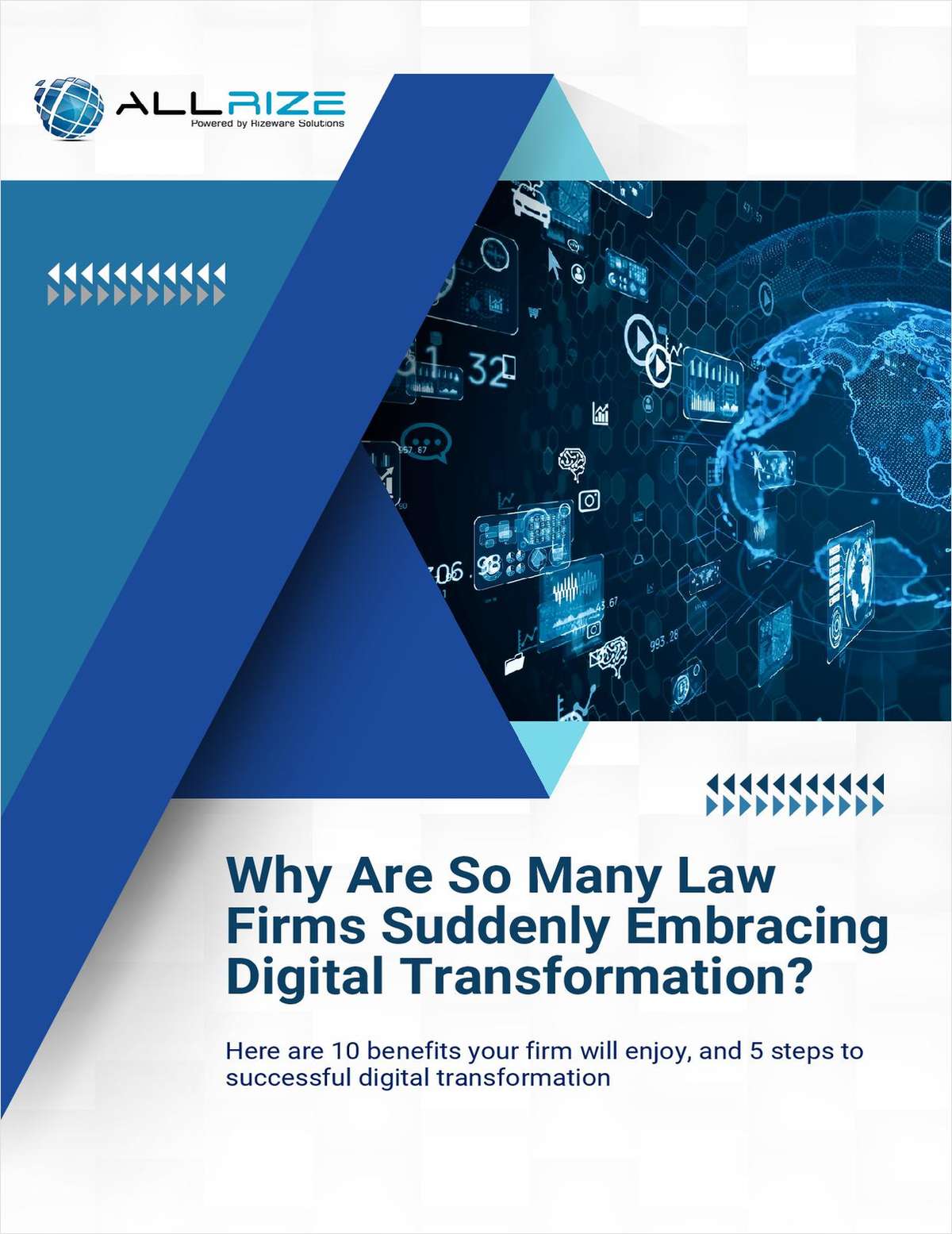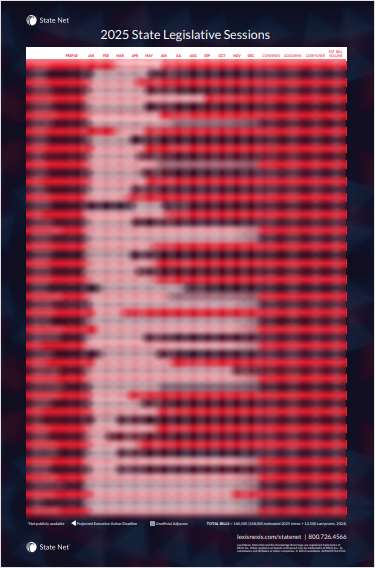New York Law Journal
New York Law Journal
AI Offers New Challenges and Opportunities for Trade Secret Protection
New York Law Journal
New York Law Journal
No More Safety Under the Radar: Antitrust Enforcement Against Roll-ups and Serial Acquisitions
New York Law Journal
Novolex Holdings: A Rare Look at an RWI Claim Dispute
New York Law Journal
New York Law Journal
Testing SCOTUS's 'Unmistakable Trend' in Shadow of Trump Prosecution
New York Law Journal
Second Dept. Upholds Strict Liability for 'Vicious Propensities' of Animals
New York Law Journal
New York Law Journal
Foreign Extortion Prevention Act: What US Entities Should Know and Why It's Relevant Today

Refer a General Counsel
Invite a GC today and if they are approved and successfully join, we'll reward both of you with on month's free membership.
TRENDING STORIES

- Stay vs Go: The Heightened Competition for Law Firm Office Space in Dallas
- Law.com Compass: Uncovering Lessons from Mid-Market Firm Segment Comparisons
- What Associates Really Think: A Deep Dive on Lawyer Satisfaction, Professional Development and How Firms Are Rethinking Talent Management
- Driven by Increased Demand and Productivity, ALM's Q2 Economic Flash Survey Results Point to Strong 1H 2024
Featured Firms
Law Offices of Gary Martin Hays & Associates, P.C.
(470) 294-1674
Law Offices of Mark E. Salomone
(857) 444-6468
Smith & Hassler
(713) 739-1250
More from ALM
- Morgan & Morgan Class Action Attorneys Detail Pathway to Success Within Cybersecurity and Data Privacy Practice 1 minute read
- Holwell Shuster & Goldberg Partners Leverage 'Hostile' Witnesses to Secure $101 Million Verdict Against Walmart 1 minute read
- Legal Speak at General Counsel Conference Midwest 2024: Mike Andolina, Partner, White & Case 1 minute read
Resources

2024 Trends Report Mid-Year Special Edition: Update on Outside Counsel Billing Rates
Brought to you by LexisNexis® CounselLink®
Download Now

AI in Private Equity: A Guide for Gaining an Early Advantage
Brought to you by Ontra
Download Now

Why Are So Many Law Firms Suddenly Embracing Digital Transformation?
Brought to you by AllRize
Download Now

2025 State Legislative Sessions
Brought to you by LexisNexis®
Download Now













